Inductees Forge Individual Paths To Success

The smarter way to stay on top of broadcasting and cable industry. Sign up below
You are now subscribed
Your newsletter sign-up was successful
Robert Frost's notion about taking the road “less traveled by” has, in fact, made all the difference for this year’s Broadcasting & Cable Hall of Fame inductees. You’d think that in an industry pushing forward on technology, content, measurement, choice and so many elements, there might be a sense of unity among answers by top industry figures—and there is, to a degree. But the honorees’ answers to the question, “What is the biggest thing you learned in 2014 that will inform your decision-making in 2015?” sets them each very much apart, and expresses not only the reasons for their rise, but the way they will continue to apply their knowledge and style to the stymying issues everybody in the industry faces. And that’s what makes their perspective so instructive. Edited excerpts of their responses follow.
EMILIO AZCÁRRAGA
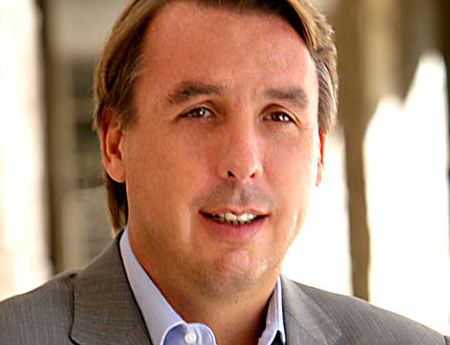
Chairman of the board, president and CEO, Grupo Televisa
For us I believe that the changes that happened in Mexico [as a result of the deregulation of the TV and telecommunications markets] and the way the environment will change at the end of 2014 and 2015, obviously will create both competition [with the launch of new TV networks in 2015] and opportunities to expand broadband services that we are extremely focused on. I also believe that in the U.S., the continuous increase in the Spanish-speaking market both in terms of population and its economic importance will continue to make that a priority for us in 2015.
SEAN R. H. BRATCHES
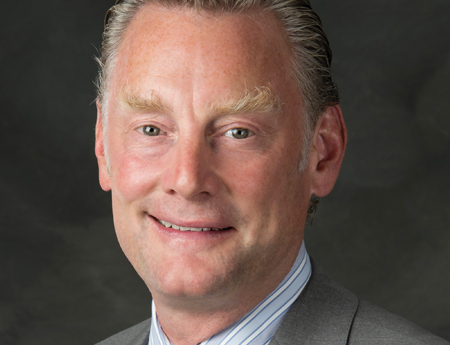
Executive VP, sales and marketing, ESPN
We are operating in a marketplace that increasingly affords consumers the ability to access content on disparate platforms and devises when, how and where they want it. The linear, as we know it today, is a thing of the past. This new and rapidly growing paradigm will require smarter marketing tactics and messages to drive awareness and navigation to amass audiences that we remember from a less complex environment.
The smarter way to stay on top of broadcasting and cable industry. Sign up below
CHARLIE COLLIER
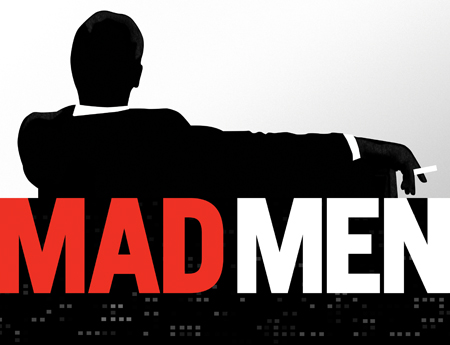
President and general manager, AMC network, inductee Mad Men
You have to define and measure metrics that matter. The days of overnight report cards and immediate assessments of winners and losers based on same-day viewership are gone. You have to look at everything, across a wide range of categories, with both a business and creative focus. And now, more than ever, you have to find a way to be patient and nurture programming that viewers may need time to engage with in this fragmented, time-shifted, world.
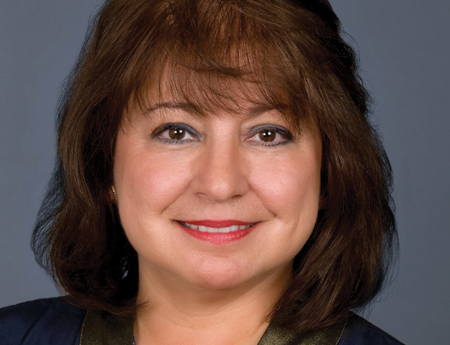
Executive VP, programming and human resources, Mediacom Communications
I think the most important thing—you learn this all the time but it still surprises me—is that people will disappoint you, but you have to persevere with joy in your heart, and that’s the best word I can use. People will disappoint, and do the wrong thing, but you still have to persevere. And the way that will help me in the future is, I’m not going to change who I am because of the disappointment. That weighs heavy on my mind. My husband’s greatest gift to me, because he’s been my mentor, he said, remember Italia, when…great leaders, [disappoint you], the question is this: ‘Do you know what the problem with human beings is, and when they fail or fall? It’s when they start believing their own press.’ Personal examples and business examples, they all add up to the same thing—disappointment in people’s behavior….But interestingly, I had a birthday [recently], and I [saw] a birthday card that I had on my nightstand that said: ‘Everything you do and say, people are going to emulate, and you set the tone.’ And this was from someone who had recently really disappointed me.
So, in the end, it’s about good behavior and about how we should be treating each other. And the person who wrote that is important to me because that person disappointed me. So I went to sleep thinking, ‘Well, maybe they did get it.’ And if you don’t let the negative energy around you change who you are, everybody wins and you are ultimately a role model.
DOUG HERZOG
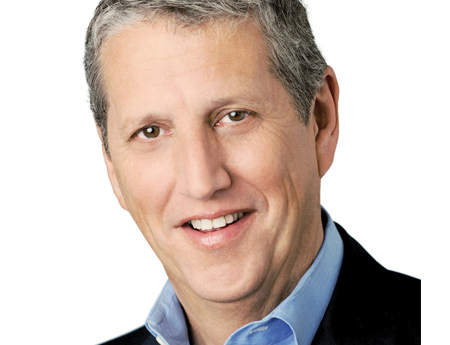
President, Viacom Entertainment Group
Never wear white to a Red Wedding.
GABY JOHNSTON

Executive producer, inductee Family Feud
I think you have to be prepared, like we have, to take a gamble, to go in a whole different direction with a huge personality. You can’t do the same thing that has been done, you just can’t. You cannot be predictable.
BILL KOENIGSBERG
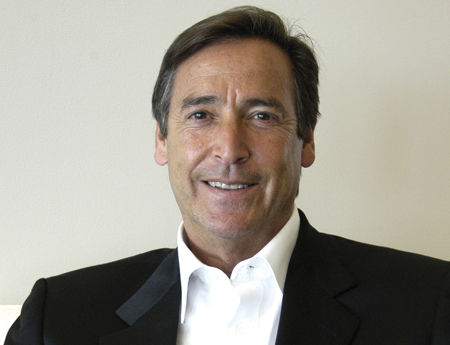
President, CEO and founder, Horizon Media
There is no shortage of opportunities.
MARK LAZARUS
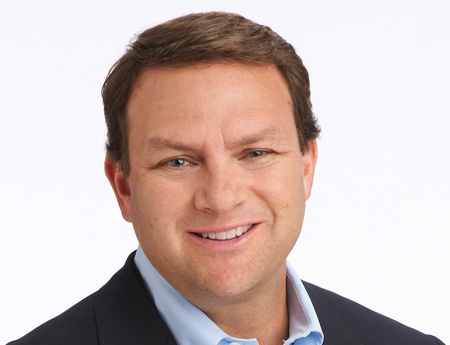
Chairman, NBC Sports Group
Political and societal issues tend to show themselves in sports, whether it’s the LGBT issues in Russia being brought into our Olympic coverage, or what’s going on with the NFL today, and how important sports can be to help both reflect on what the societal issues are, but also to give people an outlet away from their daily issues.
DAVID POLTRACK
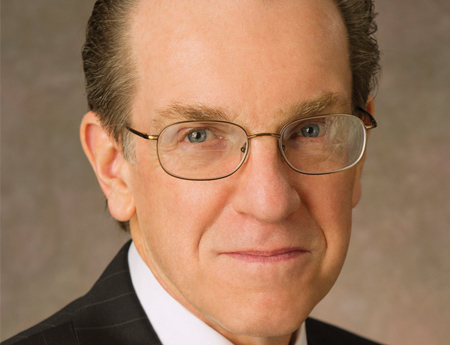
Chief research officer, CBS Corp., and president, CBS Vision
It’s a new golden era of television. I still see tremendous opportunity for increased growth and vitality in the business. That is the diversity of programming, the quality of the programming, the fact that television programming is now no longer confi ned in time and space. It’s a great new opportunity.
In 1960, CBS studied how people view television. One of the questions was, would you say you watch more or less or the same amount of television as last year? Invariably, more people would say they watch less. But the Nielsen meters reported that people were watching more. That is what, in research, we call a socially desirable response; it is not a good thing to say you watch more television.
Five years ago it started to even out. In the last two years, 28% said they watch more and 17% said they watch less. Television viewing is going up. The Top 10 CBS programs this year averaged 18 million viewers across all platforms. The Top 10 in 2000 only averaged 17 million. If you tell somebody more people watch the Top 10 shows today than in 2000, I think you’d surprise a lot of people.
When we look beyond this, what we discover is that the socially desirable response now is not to say you watch less television, it’s to say you watch more. The fact is, the quality and the range of television programming has never been better. The collective creativity in the medium has never been greater.
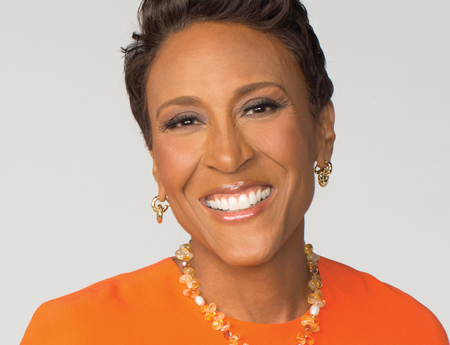
Coanchor, Good Morning America
It’s a good question, especially since I’m launching my production company in 2014 and I really want to see it grow and take off. And I’d love to, with the anniversary of Hurricane Katrina, really be able to do a thoughtful documentary on what has transpired, both good and bad, these last 10 years, but what I’ve really learned is, hey, I’m still here. I just know that I had no idea I would face the things that I have faced and come out of it as I have—stronger, smarter, more appreciative. And so I don’t really get caught up in trying to figure out, well, what is this going to mean for the future, because I’ve just been so taken aback by these curve balls that have come my way. But, thankfully I’m still able to hit it out of the park.
BUD SELIG
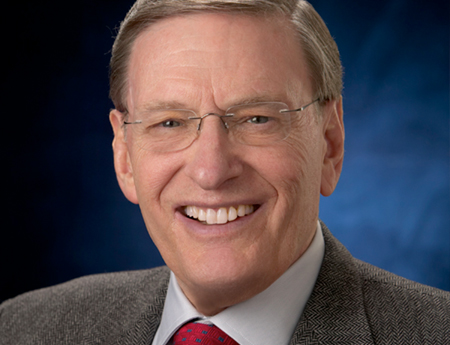
Commissioner, Major League Baseball
What a great virtue patience is, that in the right circumstances, a thorough and patient understanding of things is really extraordinarily valuable.
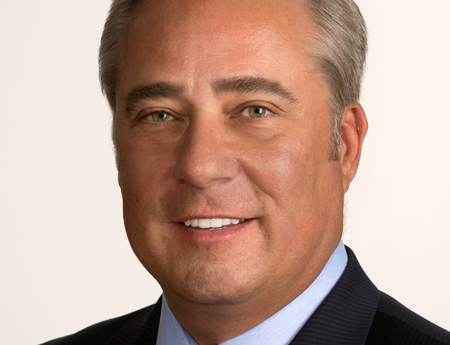
Chairman, president and CEO, Nexstar Broadcasting Group
[2014] has been a reaffirmation that, as local station operators, our opportunity to survive and prosper is to serve the local market place and not be dependent on events or revenue streams that are out of our control. Super-serving through on air and online products and the continued rededication and focus on local is what sets us apart from other media choices people have. It’s what makes us special and what I think will ultimately allow us to survive and, dare I say, prosper.
